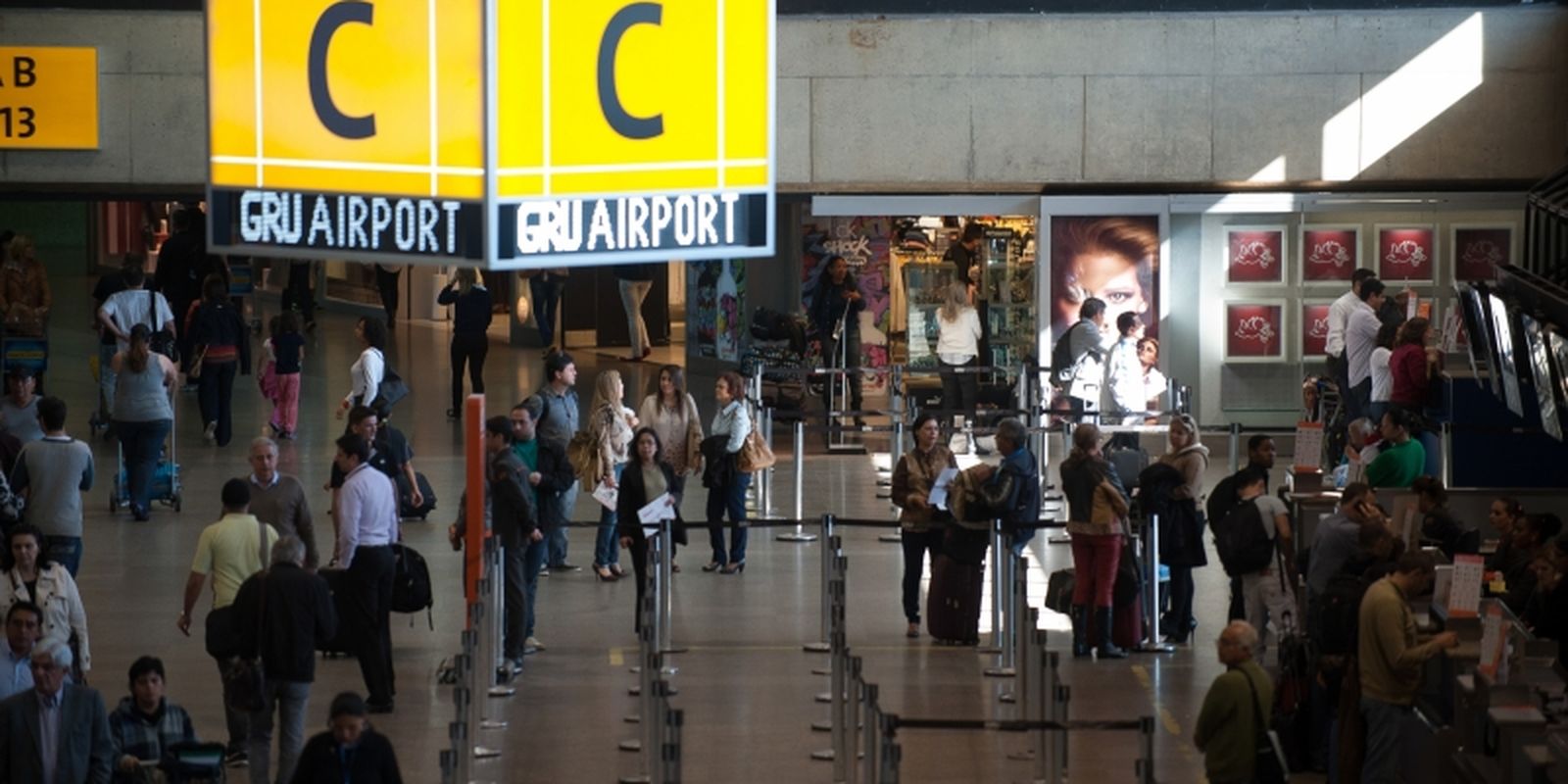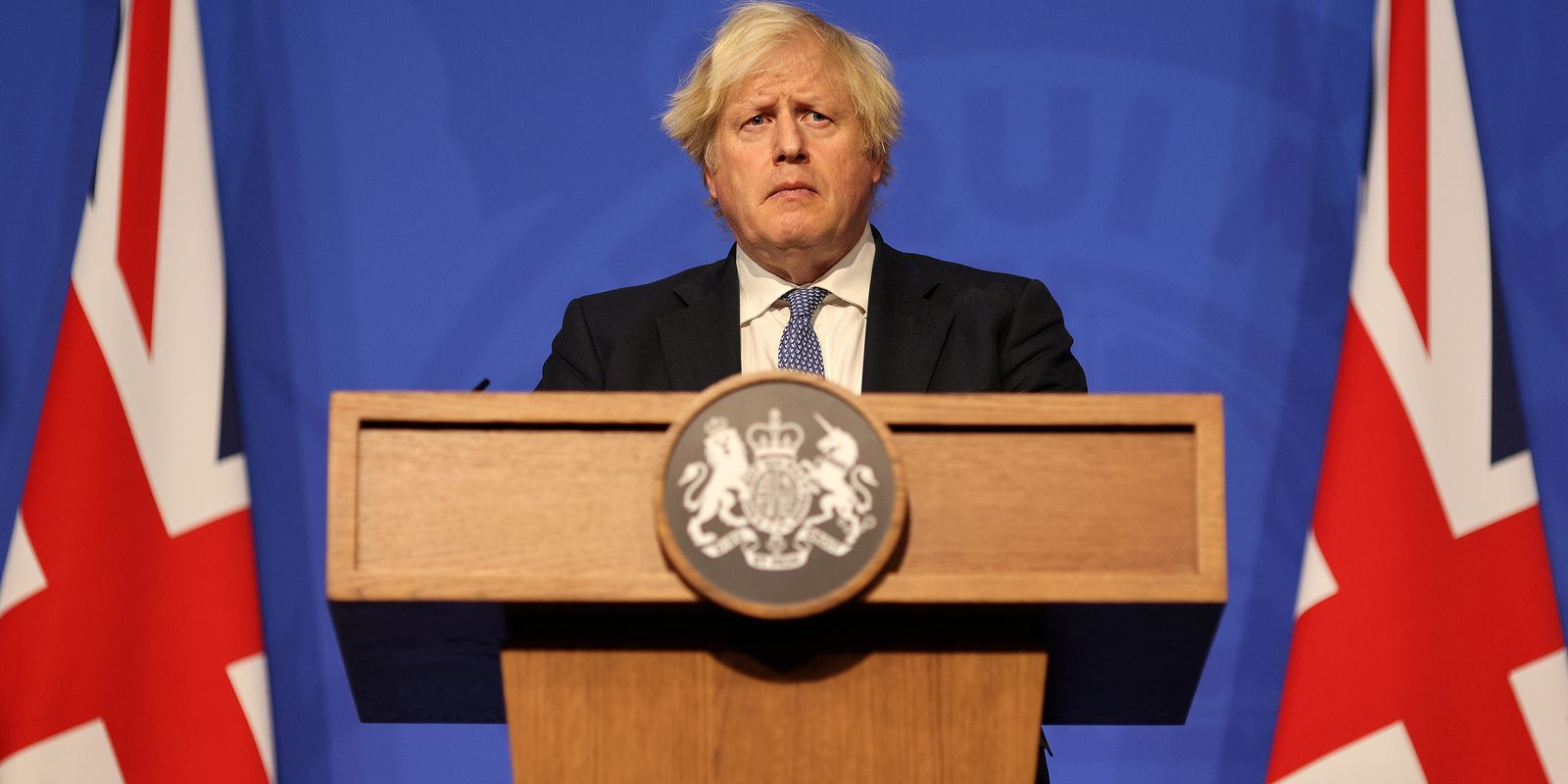The Secretary of State for the Portuguese Communities said this Friday in Canada that the two governments will collaborate more to “try to solve the situation of undocumented workers in civil construction”.
“We were discussing a pilot project that exists in Toronto, in partnership with the Canadian Labor Congress, for undocumented civil construction workers in which there are 500 vacancies to legalize the status of undocumented workers,” Berta Nunes told the Lusa agency.
The Secretary of State for Portuguese Communities is on an official visit to Canada, from Tuesday to Friday, where she has scheduled several meetings with Portuguese community leaders, Portuguese-Canadian politicians, visiting several Portuguese consular posts and visiting Winnipeg, Ottawa, Kingston and Toronto.
After having been in Winnipeg (Manitoba), the person in charge met this Thursday in Ottawa the Portuguese-Canadian federal deputies Alexandra Mendes and Peter Fonseca, as well as Catherine Scott, the associate deputy minister of Immigration, Refugees and Citizenship from Canada.
“We wanted to exchange information and work more together to make this pilot a success and then it can be extended to other provinces, with the hope of resolving the situation of undocumented workers, which is no longer the problem it once was, but continues to be,” Berta Nunes said.
A new pilot program for undocumented construction workers came into effect on July 30, 2021 and will end on January 2, 2023, once all 500 applications for permanent residence have been received at the Department of Immigration.
“This program has been affected a bit by the pandemic, but so far only 129 positions are filled. It is a program that is not only aimed at the Portuguese community, but at other communities,” he added.
This immigration program replaced another that came into effect in early January 2020, requiring, among several criteria, that civil construction workers have legally entered Canada, with temporary residence, or that they have resided in the country for at least least five consecutive years. on the date of the request.
According to Berta Nunes, the Canadian government “realized that there were barriers to legalizing these workers, including language requirements, proof of income, and how they entered the country.” .
In this sense, Otava has adjusted the pilot program with the aim of making it successful and with more workers they have “definitely solved their situation of being undocumented”.
“This is a pilot program for civil construction. It is important for the Portuguese, and civil construction is one of the areas in which the Portuguese worked the most when they started their immigration,” he stressed.
The Secretary of State for Communities will be this Friday at 6:00 p.m. (10:00 p.m. Lisbon time) to inaugurate the art exhibition of the Luso-Canadian Charitable Society Phrasesat the Consulate General of Portugal in Toronto, with a joint press conference scheduled for 7:30 p.m. (11:30 p.m. Lisbon time) with the AEP Foundation on the Global Diaspora Network.
Data from the 2016 Canadian census reveals that there were 483,610 Portuguese and Portuguese descendants in Canada, or 1.4% of the country’s population. The majority were in Ontario (69%), Quebec (14%) and British Columbia (8%).

“Freelance communicator. Hardcore web practitioner. Entrepreneur. Total student. Beer ninja.”







